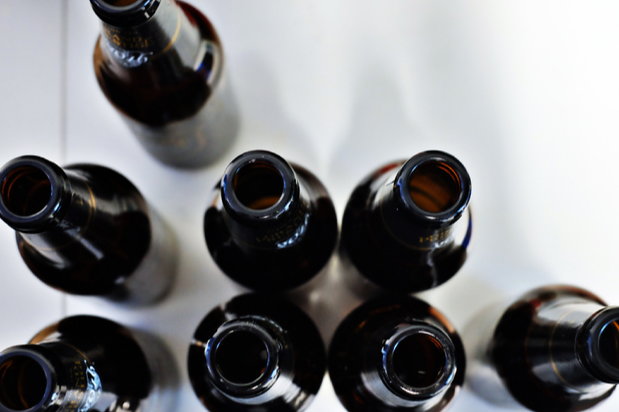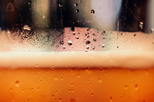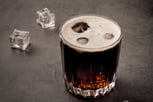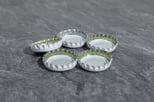Most people may not associate cancer with the consumption of alcohol, however, studies have found that even light to moderate drinking can increase a person's risk of developing several kinds of cancers.
According to the American Society of Clinical Oncology (ASCO) between 5 to 6 percent of cancer-related deaths around the world can be directly attributed to the consumption of alcohol. Among the cancers clearly correlated with the drinking are cancers of the mouth, larynx, pharynx, esophagus, liver, breast, colon and rectum.
Alcohol Use Alters DNA Cells
Also known as ethanol, alcohol is classified as a Group 1 carcinogen by the International Agency for Research on Cancer. Alcohol shares its Group 1 carcinogen designation with other known mutagens, such as plutonium, arsenic, and formaldehyde.
Not only does alcohol cause cell death upon contact, but it also damages the structure of cells as well as the DNA contained within them. As the cells with damaged DNA replicate, they pass on the mistakes to new cells creating abnormal growths, or cancer, that can then spread to the rest of the body. Tissues that come into contact with ethanol, such as those of the head, mouth, and neck, are at higher cancer risk.
Once ethanol is metabolized by the liver, it is then converted to acetaldehyde, a highly carcinogenic byproduct that also causes cell death and damage to DNA. Exposure to this byproduct has been found to increase the risks of developing cancers of the skin and liver.
Women, in particular, are at a higher risk of developing certain cancers, such as breast cancer, due to the insufficient breakdown of estrogen. As the estrogen levels build up in the body, so do the chances of developing breast, ovarian, and uterine cancers. A study conducted in the United Kingdom, called The Million Women Study, founded that for every 10 grams of alcohol consumed in a day, there was a 12 percent increase in the risk of developing breast cancer.
Other Health Concerns
In addition to causing cancer, some studies conducted on animals have found that alcohol can encourage the growth of cancers that are already present by impairing the immune system and/or by increasing the body's production of growth hormones.
Furthermore, alcohol has been found to impair the body's ability to absorb and break down nutrients, including Vitamin C, B, A, D, and E, as well as folate and carotenoids, which have been found to reduce the risk of developing diseases like cancer.
Weight gain, which is a possible side-effect of drinking alcohol and another leading cause of cancer diagnoses, further escalates the risk to users.
Although light to moderate drinking still carries a great risk, the greatest risk is posed to those who binge drink or have drunk heavily over a long period of time. Additionally, it is advised that individuals not use tobacco products in conjunction with alcohol, as this pairing can further increase the risk of developing some forms of cancers–especially those of the mouth, larynx, and pharynx.
If you or someone you know is seeking help from alcohol addiction, please visit our directory of full-service rehab facilities or call 800-772-8219 to speak to a treatment specialist.








